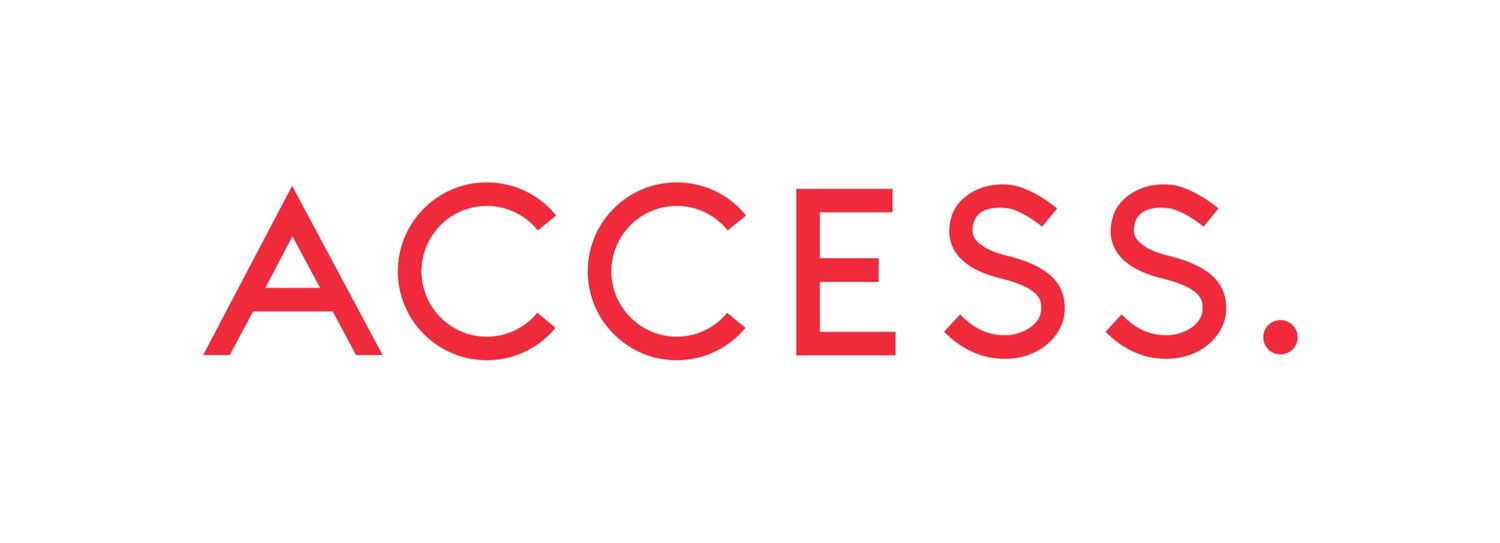Access is a proud sponsor of WTS and its vision of equity and access for women in transportation. If you’re unfamiliar with WTS, you can learn more about the organization here. On September 24th, Access team members, Mo Bot, Micelle Kearns, Lisa Salsberg, Karen Peachey and Tamim Raad, hosted a virtual panel and invited WTS members to engage in a reflective conversation about how we can better effect change when working on transformative community, city shaping and transportation projects.
Four themes were presented by our team together with a story about a transformative career or life experience that helped us each to “see” and better understand systemic bias and barriers to access that impact how we work as planners.
Lisa Salsberg spoke about engagement and asked “how would our world look different if the engagement of affected people/communities set project timelines?” She contextualized her current practice and keen interest on process aspects of that practice in a story of early career work in engaging residents of Tasiujaq, Quebec, around the expansion of their community airport.
Michelle Kearns spoke about challenging assumptions and asked “what kind of assumptions about user/resident priority, experience, behaviour and preferences do you see in your work? How can we challenge assumptions in our day to day roles?” She shared car ownership and driver’s license data from Scarborough clearly mapping this city’s disproportionately female dependency on and usage of public transit and infrastructure to move around, and user data from a new bicycle storage that may not truly reflect demand. She encouraged us to look deeper at what the data is telling us.
Mo Bot spoke about making space and asked “how are we collectively making space for collaboration and reconciliation in relation to large transportation and infrastructure projects?” She shared a little about a project she is working on to further extend the Broadway SkyTrain line from Arbutus to UBC in Vancouver that is actively engaging the First Nations communities of xʷməθkwəy̓əm (Musqueam), Skwxwú7mesh (Squamish) and Səl̓ílwətaʔ/Selilwitulh (Tsleil-Waututh) and with First Nation property developers.
Karen Peachey spoke about Self Determination and asked “what tools can be used to ensure local communities and/or Indigenous people both define and benefit from projects?” She shared how an historic gaming revenue sharing agreement between the Province of BC and BC First Nations is directing revenue to support local community development priorities in over 200 BC First Nations and the Enduring Relationship Agreement between BC Hydro and the Okanagan Nation Alliance to deliver mutual benefit from projects in Syilx Territory where over 50% of BC Hydro’s power is generated.
Key questions were then posed to all participants in an effort to further stimulate thinking on how these topics are being actively integrated into the day-to-day work of advancing development projects. While a short one hour virtual chat mostly allowed for questions to be posed, we hope to keep learning from our colleagues at WTS and elsewhere on the ways you’re working to challenge assumptions, make space, honour self-determination, and match engagement approaches to participant needs.






